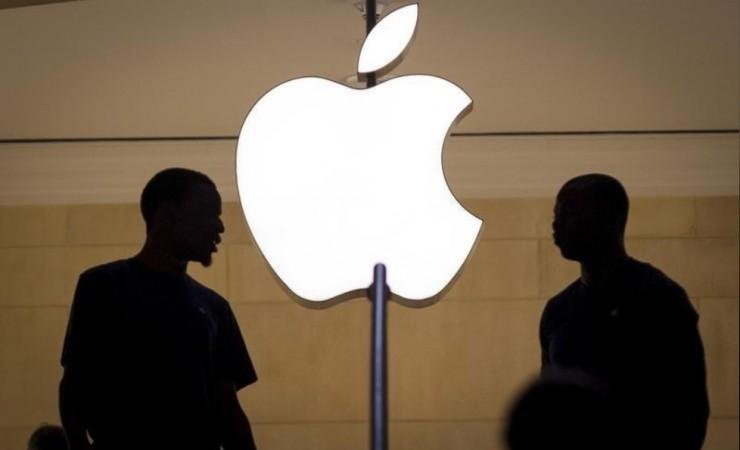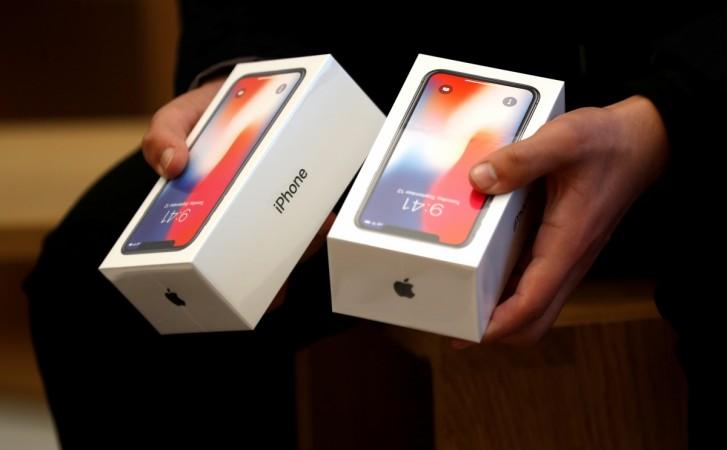Apple prides in offering the best-in-class after sales service for its premium iPhones and other products. Apple's return policy replaces any iPhone in warranty if found to be faulty, which turned out to be an opportunity for making some quick cash for two engineering students.
The duo, hailing from China and studying in the U.S., took advantage of Apple's return policy and made a whopping $900,000 or over Rs 6.2 crore. But their illicit practices didn't go unnoticed for long as the perpetrators, identified as Yangyang Zhou and Quan Jiang, face trials in a federal court against criminal charges.
The duo scammed Apple by importing fake iPhones into the U.S. and replaced them under Apple's return policy saying the iPhones won't turn on. The investigation revealed that Jiang, who took care of placing return requests with Apple, made 3,096 iPhone warranty claims. Of those, Apple approved 1,493 requests and replaced the iPhones for free, incurring a total loss of around $895,800.
Through this scam, Zhou and Quan not only made around $600 per iPhone but also generated profit over it. The brand new replaced iPhones were shipped back to China by Zhou, who was tasked with imports and exports of the shipments, where they were sold at a higher price.

"Jiang estimated that during 2017, he submitted 2,000 telephones to Apple for warranty repairs," The Oregonian quoted the affidavit written by Homeland Security Investigations agent Thomas Duffy, who interviewed Jiang. The report adds that over 200 iPhone warranty claims were made in Zhou's name and several boxes of fake iPhones addressed to him were found.
Even though the students are out on bail, they face criminal charges and could face serious punishment for their offences. Jiang is being charged for committing wire fraud and trafficking fake iPhones. He could be fined with $2,000,000 or get 10 years in prison.

Zhou, who handled iPhone imports and exports, is accused of illegal exports of products. This could land up to $10,000 fine or five years in prison.
Apple has not commented on the matter. But it is shocking to see how a well-established brand got duped for nearly a million dollars by two students. Investigators found that the alleged fraud was carried out due to Apple's inability to immediately examine or repair phones that won't turn on. Zhou's lawyer said that Zhou was unaware of any wrongdoings or counterfeiting.
"We do believe that Mr. Zhou will be vindicated," Jamie Kilberg, Zhou's lawyer, told The Oregonian.

















